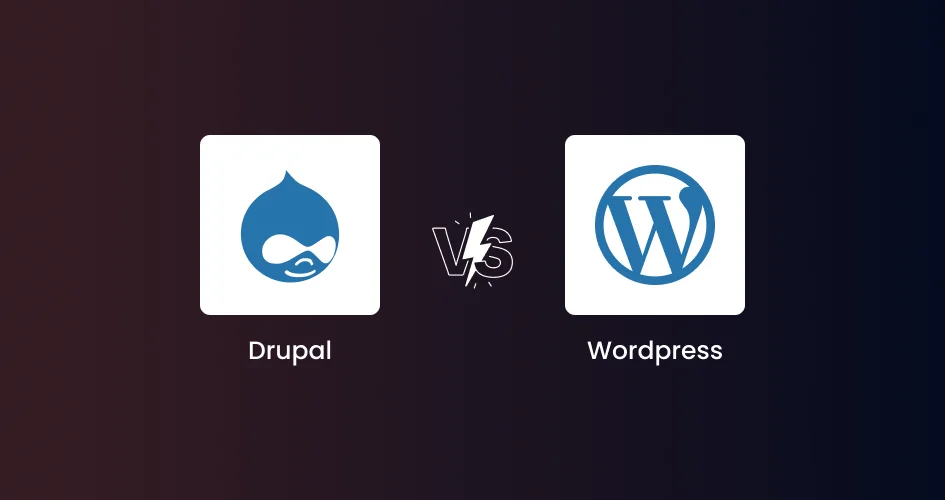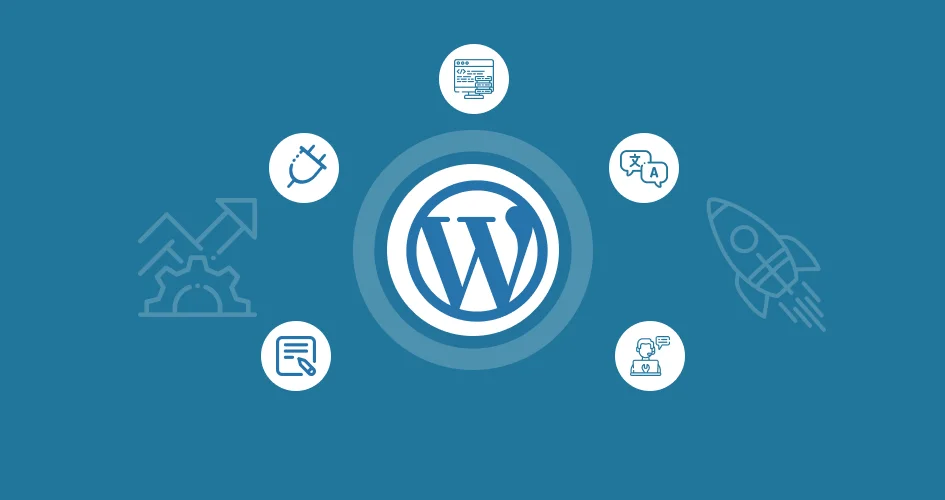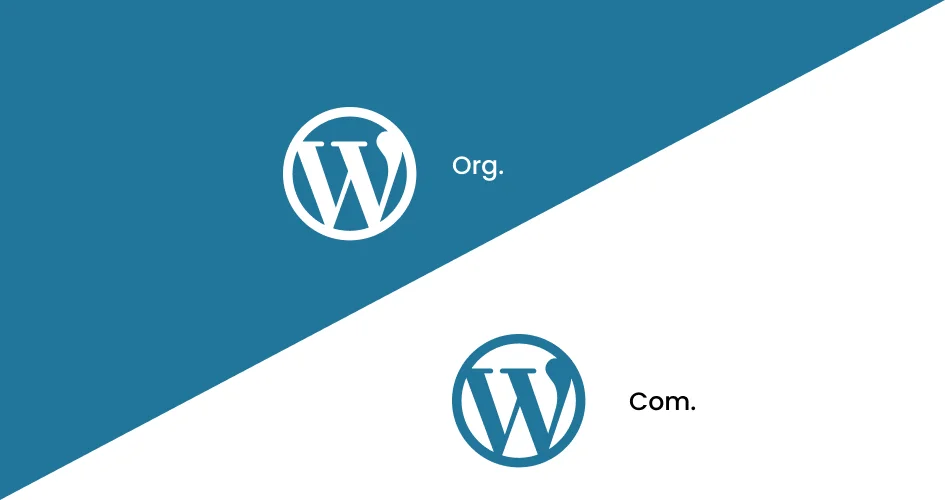Ever wondered how WordPress generates revenue?
Get ready to uncover the details!
WordPress isn’t solely your ultimate tool for crafting stunning websites; it’s also a money-making powerhouse.
From its easy-to-use platform to all those handy plugins, WordPress has turned its cool features into a lucrative business.
But before we dive into its revenue streams, let’s take a quick look at what WordPress actually is.
As a leading WordPress web development agency, we’re here to delve into this topic by discussing how WordPress’s strategies for generating revenue are connected to its expertise in website development.
What is WordPress?
WordPress is a free, open-source content management system (CMS) that enables users to build and manage websites without requiring in-depth coding skills.
It has an extensive collection of themes, plugins, and a dedicated community that actively contributes to its continuous development.
Explore our detailed guide on What is WordPress Development for a comprehensive view.
What is Automattic?
Automattic is a web development company known for creating and maintaining WordPress.com, a popular web hosting service for WordPress websites.
Founded in 2005 by Matt Mullenweg, a co-founder of WordPress, Automattic plays a significant role in the WordPress ecosystem’s revenue generation.
Alongside its commitment to open-source principles, Automattic oversees other revenue-generating products like WooCommerce and Jetpack.
Through these products and its dedication to the WordPress platform, Automattic contributes to the broader monetization strategy of WordPress.
While both WordPress.com and WordPress.org share the same core software, they cater to distinct user needs.
WordPress.com
- Hosted Service: WordPress.com is a hosted service where users can create and manage websites without dealing with the technical intricacies of hosting.
- Free and Premium Plans: WordPress.com offers a free basic plan, but users can opt for premium plans with additional features and customization options, generating revenue for WordPress.
WordPress.org
- Self-Hosted Solution: WordPress.org provides the core software for self-hosted websites, giving users complete control over their hosting environment.
- Free, Open-Source Software: Users can download and use the WordPress software for free, but they need to secure their hosting and domain, incurring separate costs.
WordPress.com offers premium plans that cater to users seeking advanced features, more storage, and a custom domain.
These subscription-based plans contribute significantly to WordPress’s revenue.
#2. Business and eCommerce Plans
For users aiming for a professional online presence or running e-commerce stores, WordPress.com provides Business and eCommerce plans.
These plans, with higher customization options, priority support, and e-commerce features, come with subscription fees, bolstering WordPress’s financial health.
#3. Domain Name Registration
WordPress.com facilitates the registration of custom domain names directly through its platform.
While this involves an additional cost for users, the revenue generated from domain name registrations becomes a vital income stream for WordPress.
#4. Jetpack Premium and Professional Plans
Jetpack, developed by Automattic, offers robust security, performance, and marketing tools.
The premium and professional plans of Jetpack, with advanced features, contribute to WordPress’s revenue.
How Does WordPress.org Make Money?
#1. WooCommerce
WooCommerce, an e-commerce plugin for self-hosted WordPress sites, is a major revenue driver.
While the base plugin is free, WooCommerce generates income through paid extensions, themes, and hosting services, adding a lucrative ecommerce dimension to WordPress’s revenue streams.
#2. Akismet Anti-Spam Service
Akismet, integrated into WordPress’s default installation, provides anti-spam services.
While a free version is available for personal sites, commercial sites and large organizations pay a subscription fee, contributing to WordPress’s financial sustenance.
#3. Contributions and Donations
WordPress has a sprawling community of users and developers who voluntarily contribute to its development.
Donations, both spontaneous and during the annual donation drive, become a testament to the community’s support and serve as an additional source of revenue.
|
Pros |
Cons |
| WordPress.com |
- Simplicity: Ideal for beginners with its hassle-free setup.
- Security and Maintenance: Managed by WordPress.com, reducing the need for individual site maintenance.
- Scalability: Offers various plans catering to different needs.
|
- Limited Customization: Restrictions on themes and plugins in the free plan.
- Ads on Free Plans: Display ads on free plans, which can be distracting for some users.
|
| WordPress.org |
- Complete Control: Users have full control over their website, including hosting and customization.
- Unlimited Themes and Plugins: Access to the entire repository of themes and plugins.
- Monetization Options: Users can implement diverse monetization strategies.
|
- Technical Knowledge Required: Requires users to manage their hosting, which might be daunting for beginners.
- Responsibility for Security: Users are responsible for implementing security measures.
|
Business Model of Automattic vs Business Model of WordPress
Business Model of Automattic
Freemium Hosting Services
Automattic, the company behind WordPress.com, operates on a freemium model.
WordPress.com, the hosted service by Automattic, offers a basic, free plan for users to set up websites easily.
The freemium model involves premium plans that provide access to advanced features, customization options, and additional services, creating revenue through subscription fees.
Domain Registrations
Automattic capitalizes on users’ needs for custom domain names.
WordPress.com users can easily register domain names directly through the platform.
The associated fees for domain registrations contribute significantly to Automattic’s overall revenue.
Complementary Services – Jetpack and Akismet
Automattic extends its revenue streams through complementary services like Jetpack and Akismet.
Jetpack, a multifaceted plugin providing enhanced security, performance, and marketing tools, offers premium plans for users seeking advanced functionalities.
Akismet, an anti-spam plugin, follows a similar model, providing a free version for personal sites and charging a subscription fee for commercial use.
Premium Business and eCommerce Plans
Catering to businesses and e-commerce ventures, Automattic offers premium Business and eCommerce plans on WordPress.com.
These plans provide users with elevated levels of customization, priority support, and e-commerce capabilities, contributing substantially to Automattic’s revenue.
Business Model of WordPress.org
Open-Source Foundation
WordPress, as an open-source project, doesn’t have a conventional business model in the traditional sense.
WordPress operates differently from Automattic; it functions as an open-source project, emphasizing collaboration, community, and a dedication to free and widely available technology.
The core WordPress software is freely available for anyone to use, modify, and distribute, aligning with the principles of the open-source movement.
Contributions and Donations
The financial sustenance of WordPress as an open-source project relies heavily on contributions and donations.
A large community of developers, users, and enthusiasts generously donates their time, expertise, and finances to support continuous development and maintenance efforts.
Collaborative Development
WordPress’s unique business model centers around collaborative development.
The community-driven approach ensures that the platform remains dynamic, responsive to user needs, and continuously improved.
While this doesn’t generate revenue traditionally, it fosters an ecosystem where innovation and user satisfaction are paramount.
Monetization Opportunities for Users
WordPress.org, the home of the self-hosted WordPress software, empowers users with diverse monetization opportunities.
Users can implement various strategies, such as selling products, offering services, or displaying ads on their self-hosted websites.
While this doesn’t contribute directly to the project’s revenue, it aligns with the ethos of empowering individuals and businesses.
Conclusion
WordPress’s ability to navigate the delicate balance between offering a free, open-source core and providing premium, value-added services has been instrumental in its success.
Whether through WordPress.com’s subscription plans, self-hosted WooCommerce ecosystems, or the community’s voluntary contributions, the revenue streams interweave to ensure WordPress’s continued evolution and enhancement.
WordPress’s ability to adapt and implement innovative revenue strategies remains essential for its continued relevance and influence in the ever-changing online world.





